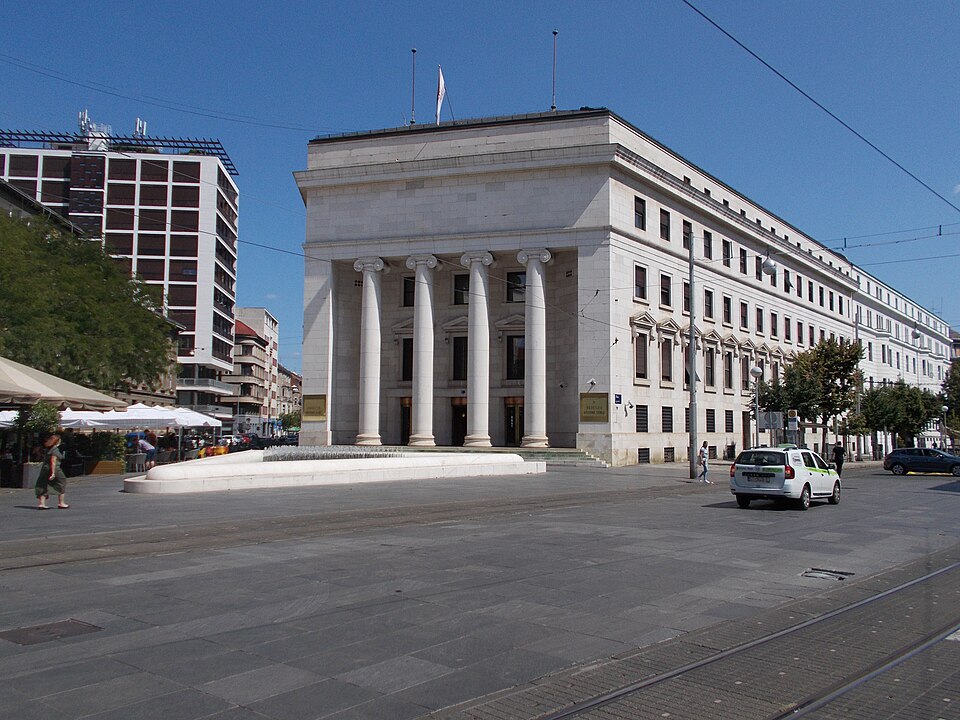
Would you like a few more variations?
The average net monthly salary in Croatia reached €1,451 in May 2024, while the gross salary stood at €2,019, according to data published by the Croatian Bureau of Statistics (DZS) on Monday.
This marks a 0.8% nominal increase and a 0.5% real increase compared to April. On an annual basis, net salaries have grown by 9.6% in nominal terms and by 5.9% in real terms, after adjusting for inflation, which was reported at 3.5% year-on-year, according to N1.
The median net salary for May was €1,236, reflecting a 1.5% rise from April and a 10.2% increase compared to May 2023.
Despite this positive trend, wage disparities across sectors remain significant.
Top earners: management and aviation
The highest average salaries are found in top management positions, averaging €2,935. Chief Executive Officers (CEOs) can earn up to €5,269 per month, while IT and finance directors also command high paychecks.
Air traffic controllers top the list of highest-paying occupations, with salaries reaching €7,044. Certain pilots and senior executives are also among the country’s highest earners.
Lowest-paid sectors: textile and leather industries
At the lower end, workers in the textile and leather industries earn an average of €937 per month. Jobs such as seamstresses, shoemakers, and garment pressers typically offer monthly salaries below €1,100.
The national minimum gross wage in Croatia is currently €970 per month, which translates to approximately €750 net. This minimum wage is common for lower-skilled positions, including cleaners, unqualified labourers, and some roles in the textile sector.
Sectoral variations remain stark
Data from the Moja Plaća portal highlights considerable wage differences across industries. For example, IT professionals earn an average of €1,874 per month, while those employed in hospitality and tourism make around €1,287.
These figures illustrate the overall rise in wages across Croatia, but they also emphasize the persistent wage gaps between sectors and the continuing influence of inflation on real income.








































